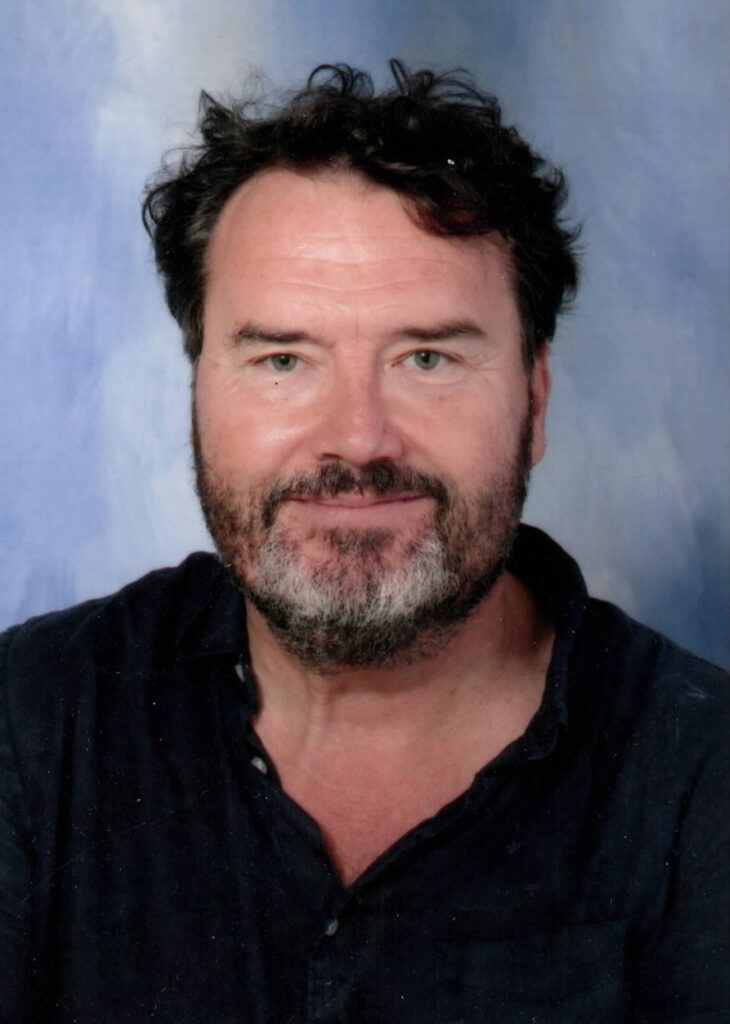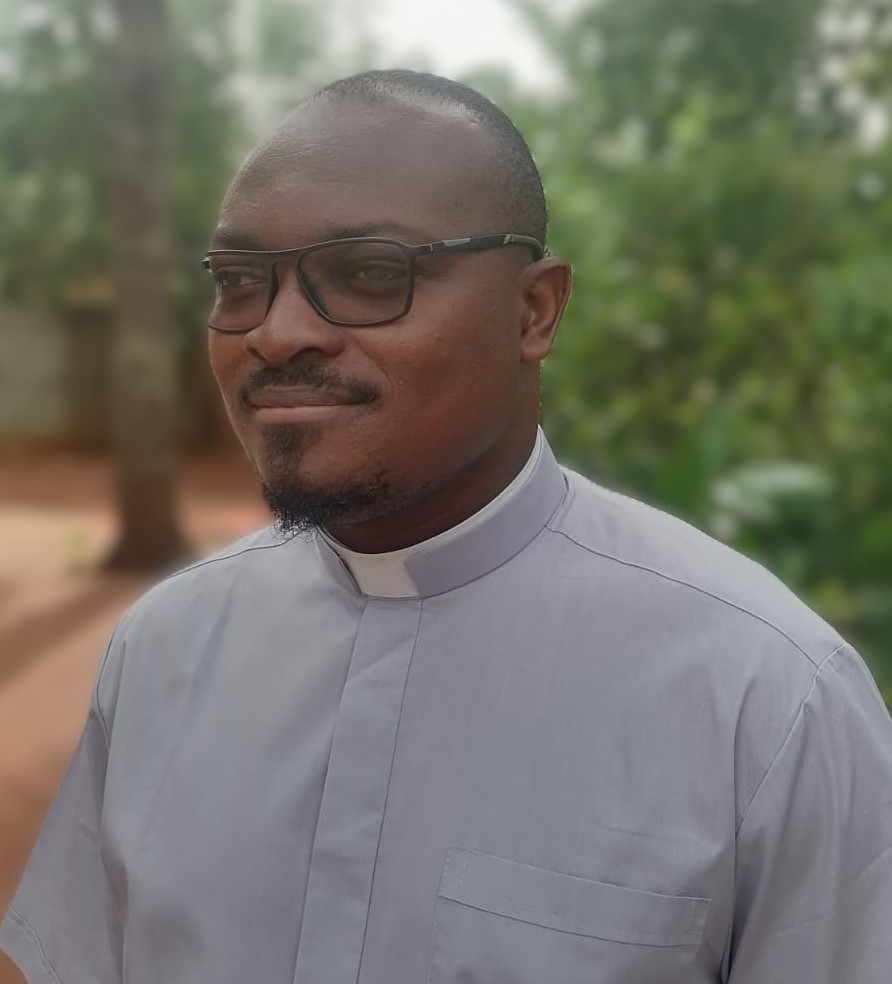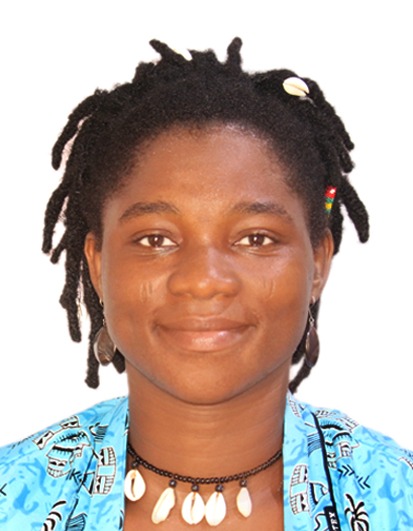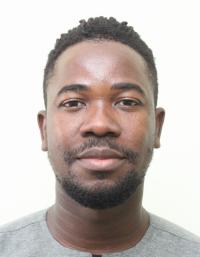Matrimoines / ReMatriation
Collaboration with communities and diasporas to research and revive the history, origins, and narratives of African objects held in France and Germany.

Partner Institutions
Summary
Matrimoines/Rematriation brings together an international and multidisciplinary team dedicated to researching African artefacts that were brought to France and Germany, mainly during the colonial period. The involvement of the African diaspora and of the communities from which these objects originate is essential to implementing a renewed approach to provenance research. Our focus lies on the “everyday,” often invisible forms of cultural heritage, what we call the matrimoine, as well as on accessible knowledge and the possibility of actual return.We use the French term matrimoine, which derives both from patrimoine (heritage) and from the notion of women’s cultural heritage. We highlight the tangible and intangible legacies of artefacts that have remained unseen because of their apparently “ordinary” character, their low market value, and the gender and social status of their mostly female creators and users. Whether kitchen utensils, musical instruments, or ritual objects, these artefacts are as familiar within their original communities as they are anonymous in museum storage rooms. Our goal is to give them a voice, to “rematriate” them, materially or immaterially, by sparking discussion, reactivating memories, and creating new narratives. In the understanding of Indigenous communities, rematriation (repatriation) represents a double movement: the restoration of ontological and epistemological knowledge about collected artefacts that have fallen into oblivion, and their return to their original communities. Our project revolves around three central questions: How can memories be awakened and knowledge initiated or reactivated? What forms of matrimoine should be valued, restored, and “rematriated”? How can we share and transmit the stories surrounding these artefacts? The program comprises five components: 1. “Racontottes” (Togo–Europe): research and storytelling around women’s everyday objects preserved in European museums; 2. The Journey of Ajogan (Paris–Porto-Novo): documentation, filming, and return of the Gilbert Rouget collection; 3. Shedding light on missionary heritage from Togo to Lyon: inventory and provenance research on the collection of the Société des Missions Africaines in Lyon; 4. Everyday women’s cultural heritage or “matrimoine” in Paris, Cologne, Bafoussam, and Lomé: memory-work and the gathering of new narratives; 5. Collective restitution/rematriation: collecting and transmitting the memory of a dispersed and forgotten heritage or matrimoine (through scholarly publications and public engagement formats).
The outcomes of the project include: 1) a deeper and shared understanding of three collections (Rautenstrauch-Joest Museum, Cologne; Société des Missions Africaines (SMA), Lyon; and the Gilbert Rouget archive, Paris); 2) the development of a new methodology for provenance research; 3) interdisciplinary collaboration among German, African, and French museums, researchers, and cultural practitioners, embodied in a doctoral dissertation, the cataloguing of the SMA collection, and the publication of an academic journal; and 4) the creation of a travelling “kiosk exhibition,” a documentary film, a theatre production, an educational kit, video clips, multilingual workshops, and a comic book, in collaboration with local African communities and the diasporas in Germany and France. The project adheres to the Charter of Porto-Novo, Xògbónù, and Ajasè.
Authorship rests with the project team.
Duration
36 months
Team

Forscherin
Adéwolé Faladé

Forscher
Arthur Vido

Forscher
Bernard Müller

Forschungsassistent, Projektkoordination
Victor Boton

Forscher
Carly S. Degbelo

Forscher
Didier Houénoudé

Praktikantin
Agathe Diabou

Forscherin
Esther S. Vihounkpan

Schauspielerin
Félicité Notson Kodjo-Atsou

Kurator, Schauspieler
Gaëtan Sewonou Noussouglo

Regisseur, Forscher
Gildas Adannou

Schauspielerin, Regisseurin
Hafina Dobila

Doktorandin
Madina Yéhouêtomè

Kuratorin
Nanette Snoep

Schauspielerin, Slammerin
Marie Pabguigani Lamboni

Kulturberater, Reiseleiterin
Sandrine L. Dossou

Forscherin
Sara Tassi

Projektkoordinatorin, Forscherin
Saskia Cousin Kouton

Forscher
Vincent Négri

Student